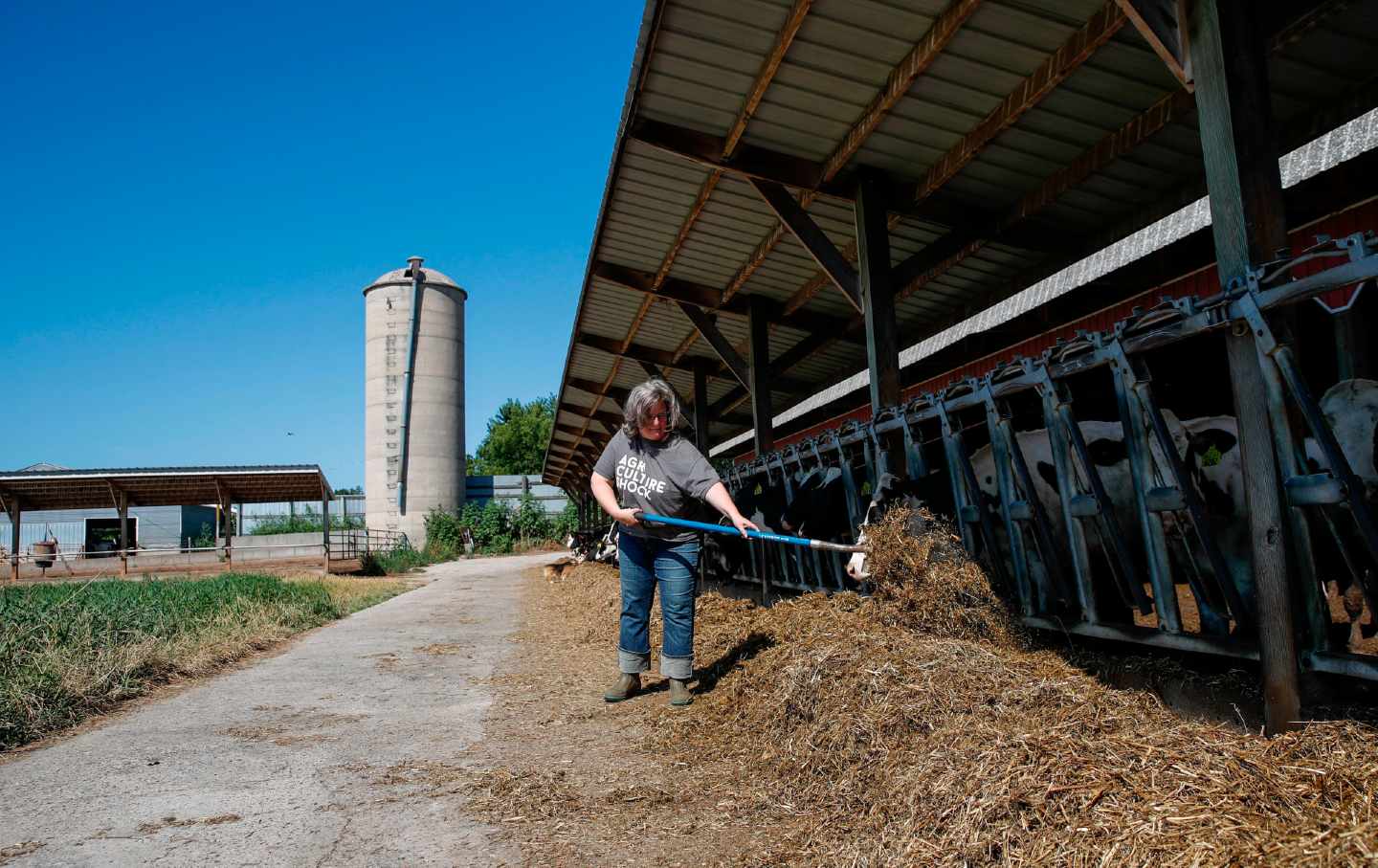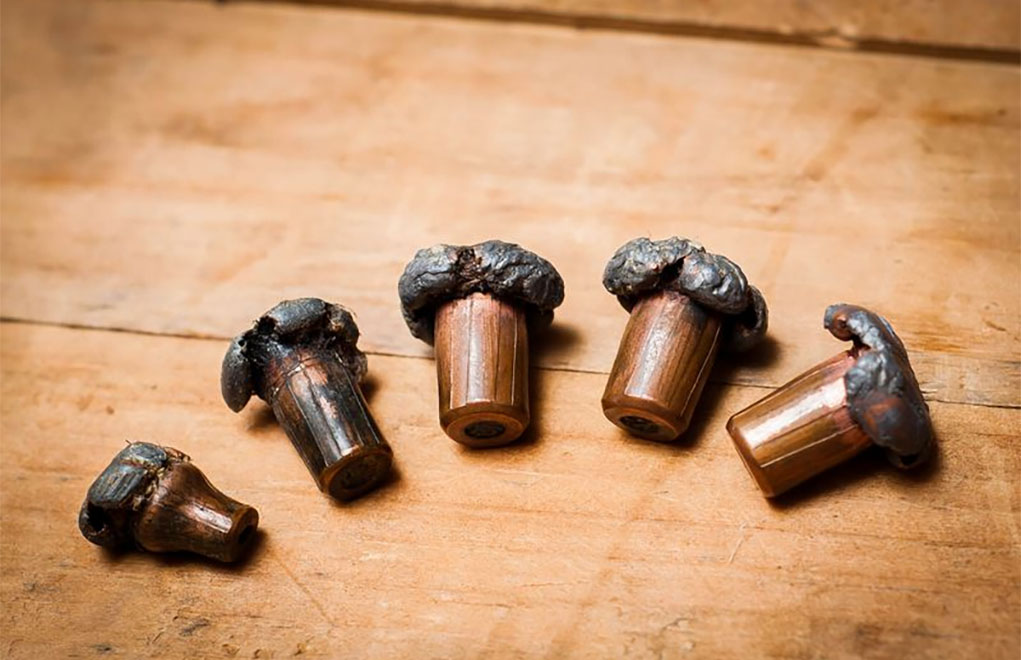I find it impossible not to sympathize with the families of
the shooting
at Robb Elementary in Uvalde as I
read
about their heartbreaking losses and ongoing struggle to find Republican lawmakers who will discuss strengthening Texas’ gun laws.
Although I’ve never known the agony of losing a child to gun violence, I do know the frustration of lobbying the Texas Legislature, and I relate to anyone who visits the Capitol in the hope of having a meaningful dialogue with elected officials.
As a longtime gun rights activist, I’m offering my perspective in the hope of fostering such a dialogue.
Following the
2007 massacre
of 32 students and faculty at Virginia Tech, I spent eight years helping convince the Legislature that because Texas already trusted license-to-carry, or LTC, holders to carry concealed handguns for personal protection in most other locations, it should trust them to do so on college campuses.
That movement, which
succeeded in 2015,
was born not out of a desire to ensure that anybody could have any gun, anywhere, at any time, but rather from a desire to ensure consistency in the law.
The Uvalde families believe there is another inconsistency in the law. They
question
why a Texan has to be 21 to purchase a handgun but only 18 to purchase an assault-style rifle like the one used to murder the 19 children and two teachers at Robb Elementary.
They raise a legitimate question, but I expect the GOP to have two problems with any legislation focused on assault-style weapons. First, Republicans aren’t going to back a law that lends credence to the
misguided notion
that assault-style rifles are exceptionally deadly.
Although the damage done by the Uvalde shooter’s AR-15 was unimaginably horrific, there is no reason to assume a shooting carried out with a semi-automatic hunting rifle would be less horrific. Even a
lever-action
or
pump-action
rifle could be incredibly devastating in the hands of a school shooter.
Second, Republicans aren’t going to sacrifice their National Rifle Association ratings to support a gun control law that is likely to have little, if any, benefit, as is the case with any law that restricts “assault weapons” but not lever-action firearms, pump-action firearms and non-“assault-style” semi-automatic firearms.
Furthermore, few Republicans will support legislation to deny a class of citizens the right to purchase weapons those citizens are now allowed to own.
With that said, the families pushing
this legislation
have a credible argument about age limits. A 25-year-old
study
from the U.S. Department of Justice found individuals ages 18, 19 and 20 ranked first, second and third, respectively, in the number of shooting homicides committed in a single year. Those three ages accounted for 24 percent of perpetrators of homicide with a firearm.
Given Republicans’ concerns with the proposed legislation and the families’ concerns with the current law, I think the Legislature should seek a compromise by looking to Texas’ existing gun laws.
In 1988, Texas
enacted a law
requiring anyone who turned 18 after enactment to pass a hunter-safety course before obtaining a hunting license. Since then, hunting accidents have dropped by
more than 80 percent.
In 1996, Texas
enacted a law
allowing any eligible resident who passed a training course to obtain a license to carry a concealed handgun in public. Over the next 20 years, LTC holders were convicted of aggravated assault with a deadly weapon at
one-ninth
the rate of unlicensed adults.
Requiring training, which itself acts as a waiting period, seems to have a reductive effect on gun violence. This conclusion is borne out by
Switzerland
and the
Czech Republic, which allow citizens to own any style of semi-automatic firearm but require prospective gun owners to undergo training and testing.
Both countries have lower
homicide rates
than either England or Australia — two nations that have banned “assault weapons” —
and
regular
mass shootings.
What if Texas required residents between the ages of 18 and 20 (individuals already prohibited from buying a handgun) to pass its existing hunter-safety course before purchasing a semi-automatic, lever-action or pump-action long gun?
Because these individuals would still be allowed to purchase a single-shot, double-barrel or bolt-action long gun — weapons that are much slower to fire and reload — without passing the course, nobody would be required to undergo training before obtaining a firearm.
And because they would still be allowed to obtain a semi-automatic, lever-action or pump-action long gun by taking the course, nobody would be denied access to an entire class of weapons.
It’s not a perfect solution, but it’s a step above the Legislature’s current plan to keep doing what it’s been doing but expect different results.
W. Scott Lewis was a founding board member of
Students for Concealed Carry.















